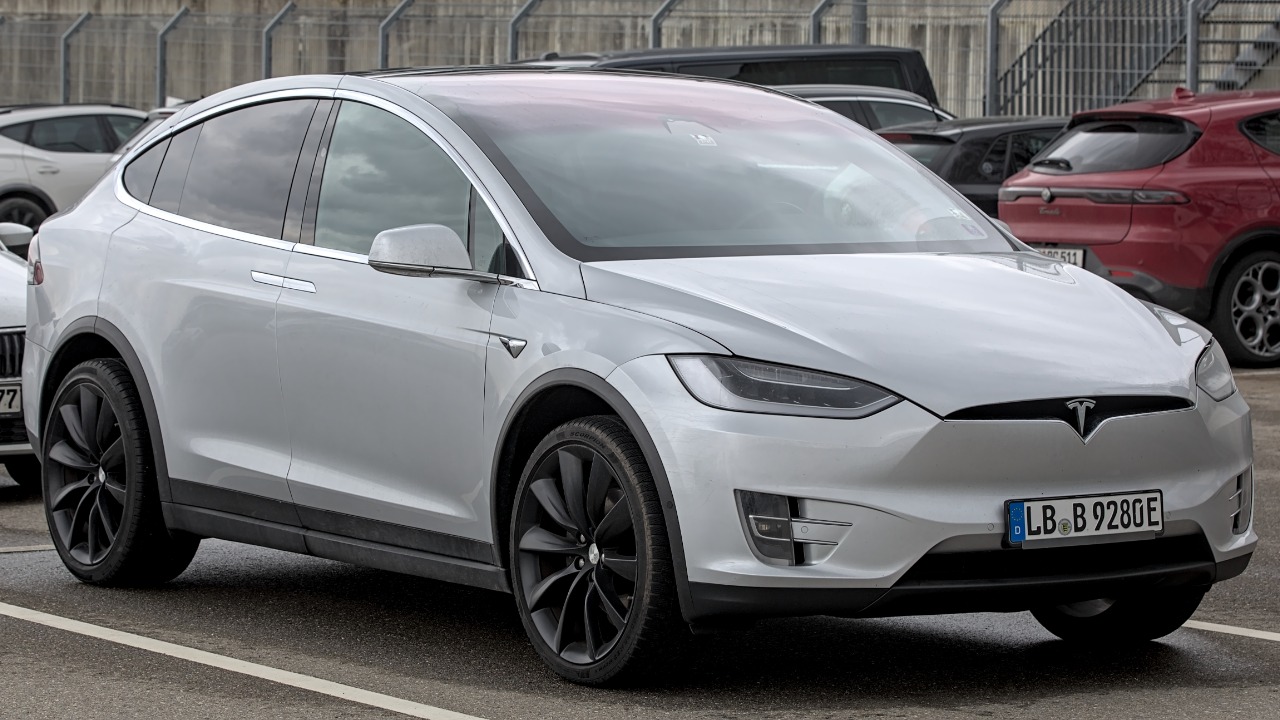
Electric SUVs represent a significant leap forward in automotive technology, combining the practicality of an SUV with the environmentally friendly benefits of electric power. However, some models have encountered issues with battery reliability, leading to costly repairs and replacements. Here’s a closer look at eight electric SUVs that have experienced these challenges.
Tesla Model X
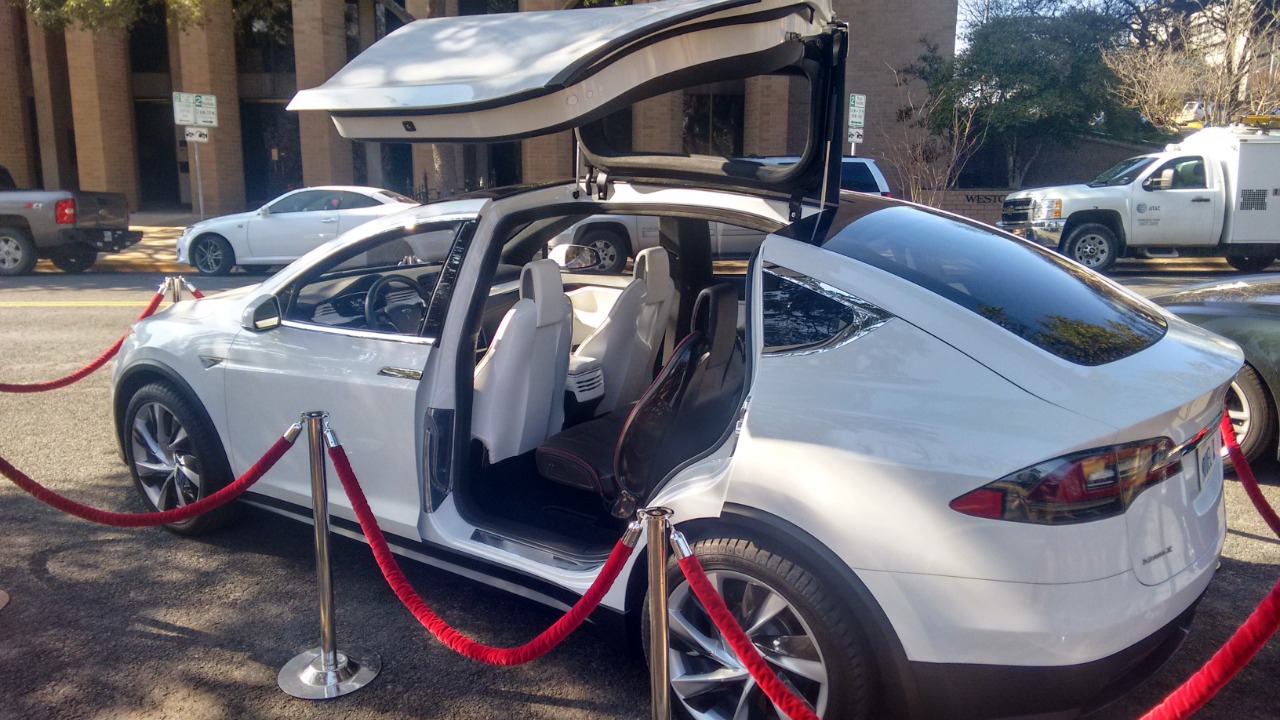
The Tesla Model X, introduced in 2015, is known for its impressive range and performance. Nevertheless, some owners have reported costly battery failures. A significant number of 2016 and 2017 Model X vehicles have faced battery degradation issues, leading to a decrease in range over time. Tesla has addressed many of these concerns through software updates and warranty replacements, but the cost of replacing a battery outside of warranty can be substantial.
According to a New York Times report, Tesla has made strides in improving battery technology, yet some issues persist. The high cost of replacement, which can exceed $20,000, remains a concern for long-term owners. Despite these issues, the Model X continues to be a popular choice for those seeking luxury in an electric SUV.
Chevrolet Bolt EUV
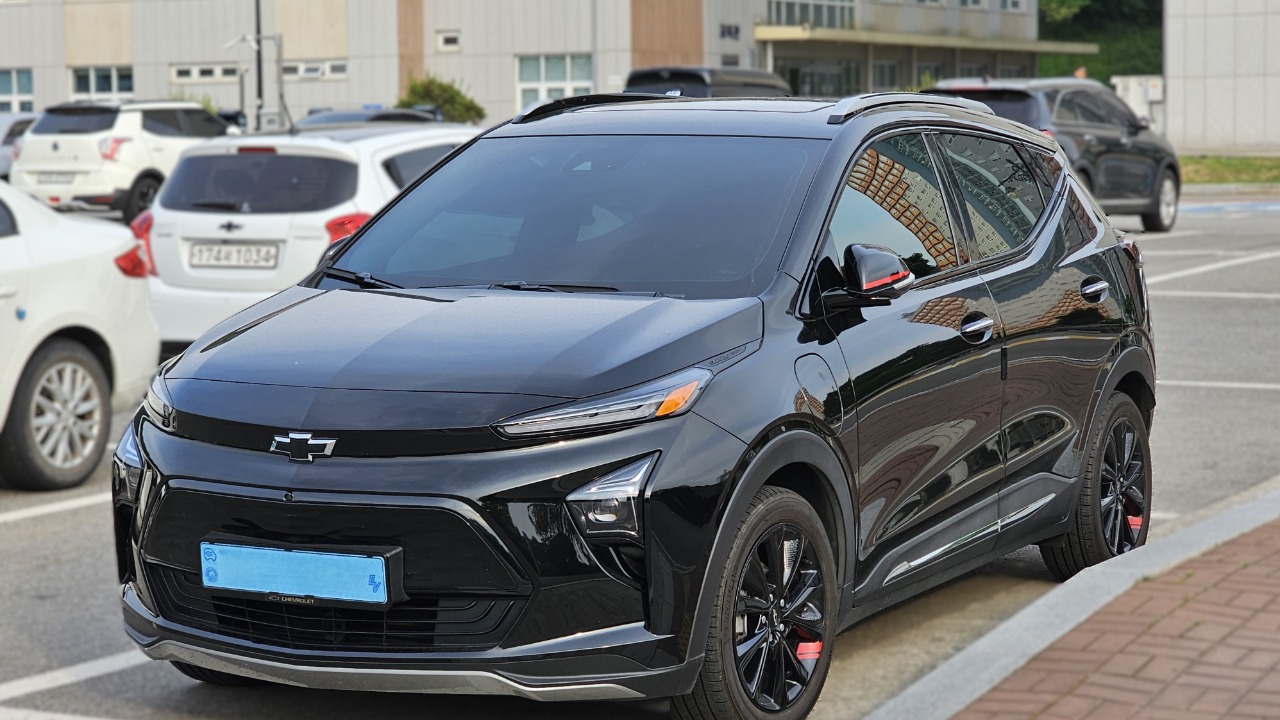
The Chevrolet Bolt EUV, an extension of the popular Bolt EV, has faced its share of battery-related challenges. Owners of the 2021 and 2022 models have reported battery fires and unexpected failures, prompting a massive recall by General Motors. The company has committed to replacing defective battery modules, but the inconvenience and potential cost to consumers have been significant.
While GM has taken proactive steps to address these issues, the challenges highlight the evolving nature of electric vehicle technology. The Bolt EUV’s attractive price point and features make it appealing, but potential buyers should be aware of the ongoing battery concerns.
Hyundai Kona Electric
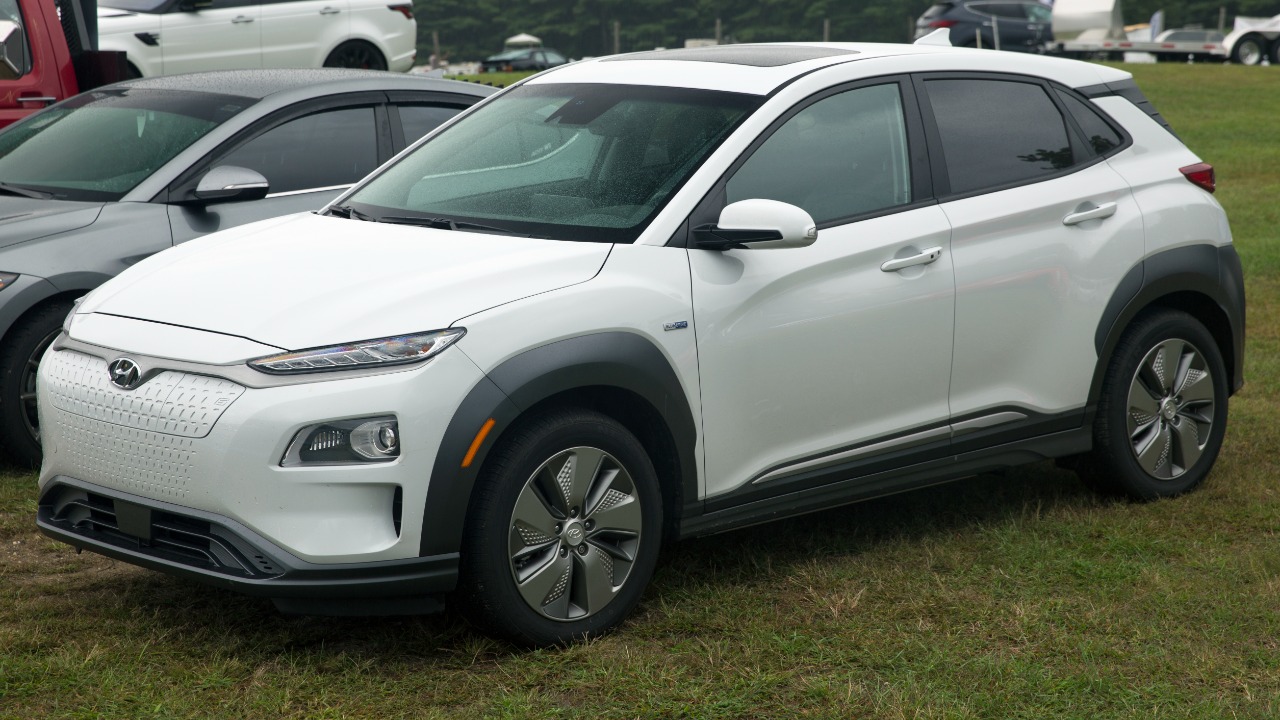
The Hyundai Kona Electric has been lauded for its range and affordability. However, the 2019 and 2020 models have been plagued by battery fires, leading to a global recall. Hyundai has worked with its battery supplier, LG Chem, to replace the faulty batteries, but the situation underscores the importance of rigorous quality control in battery manufacturing.
These issues have affected consumer confidence, although Hyundai’s efforts to rectify the problem have been well-received. For those considering the Kona Electric, it is essential to stay informed about the latest developments and recall updates to ensure peace of mind.
Ford Mustang Mach-E
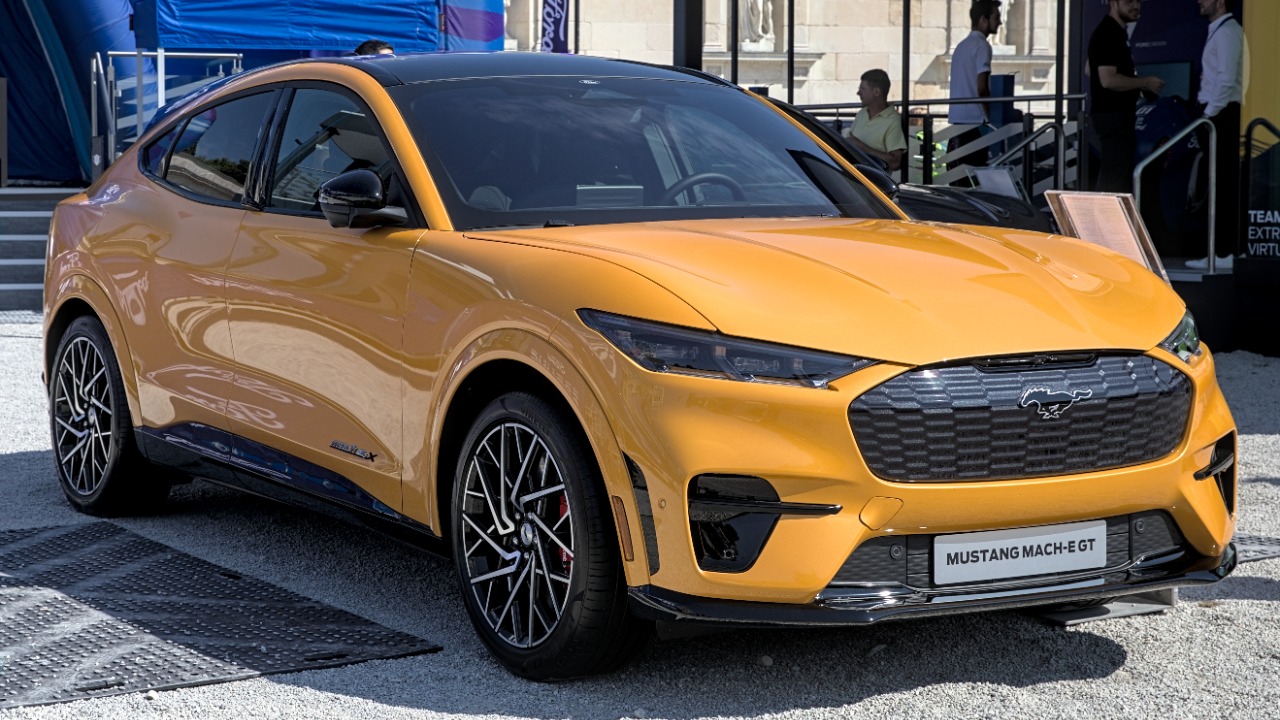
The Ford Mustang Mach-E represents Ford’s foray into the electric SUV market, combining sporty design with electric efficiency. Early models from 2021 have encountered battery-related problems, including software glitches that affect battery management systems. These issues can lead to reduced range and unexpected shutdowns.
Ford has been proactive in releasing software updates to address these concerns, but the need for hysical battery replacements can still arise. Understanding the costs of EV battery replacement is crucial for potential buyers, as these can significantly impact long-term ownership costs.
Audi e-tron
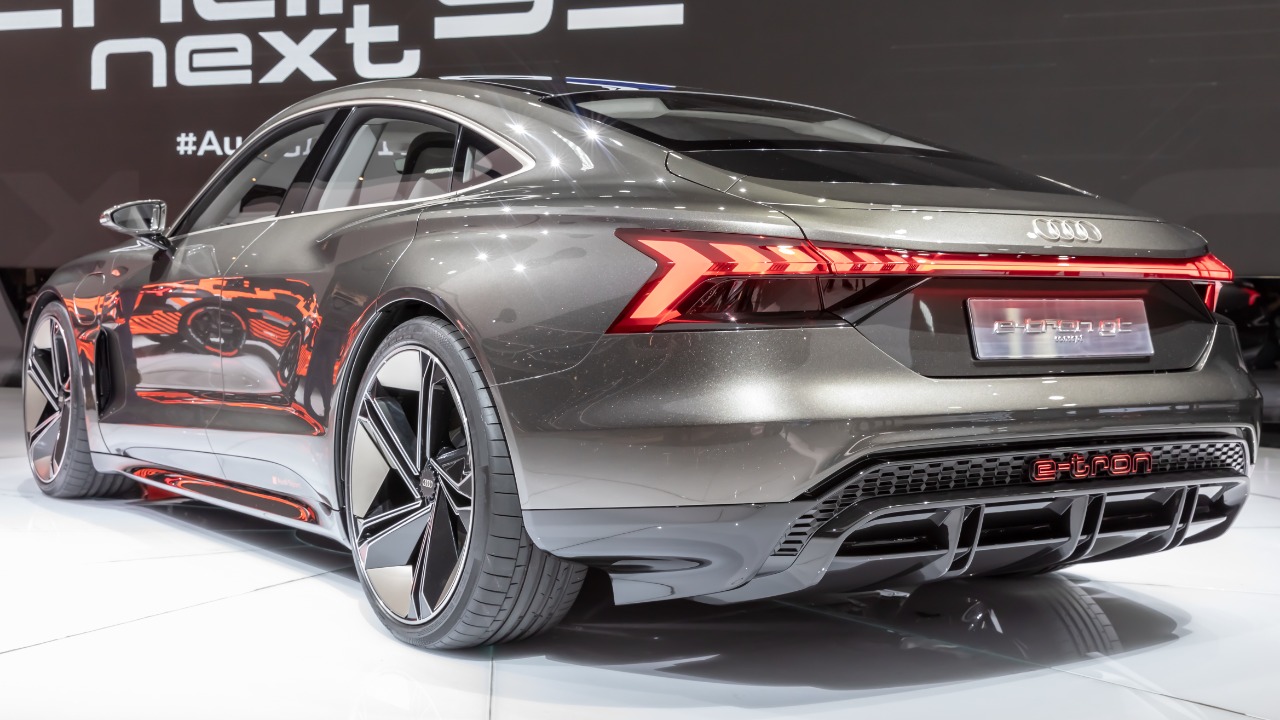
The Audi e-tron, known for its luxury features and robust performance, has also faced battery reliability issues. Specifically, the 2019 and 2020 models have experienced battery coolant leaks, which can lead to overheating and potential battery failure. Audi has issued service campaigns to rectify these issues, but the potential for costly repairs remains a concern for owners.
Audi’s commitment to luxury and performance remains steadfast, yet the challenges faced by early e-tron models highlight the complexities of EV battery technology. Current and prospective owners should keep abreast of the latest service updates to mitigate potential problems.
Jaguar I-PACE
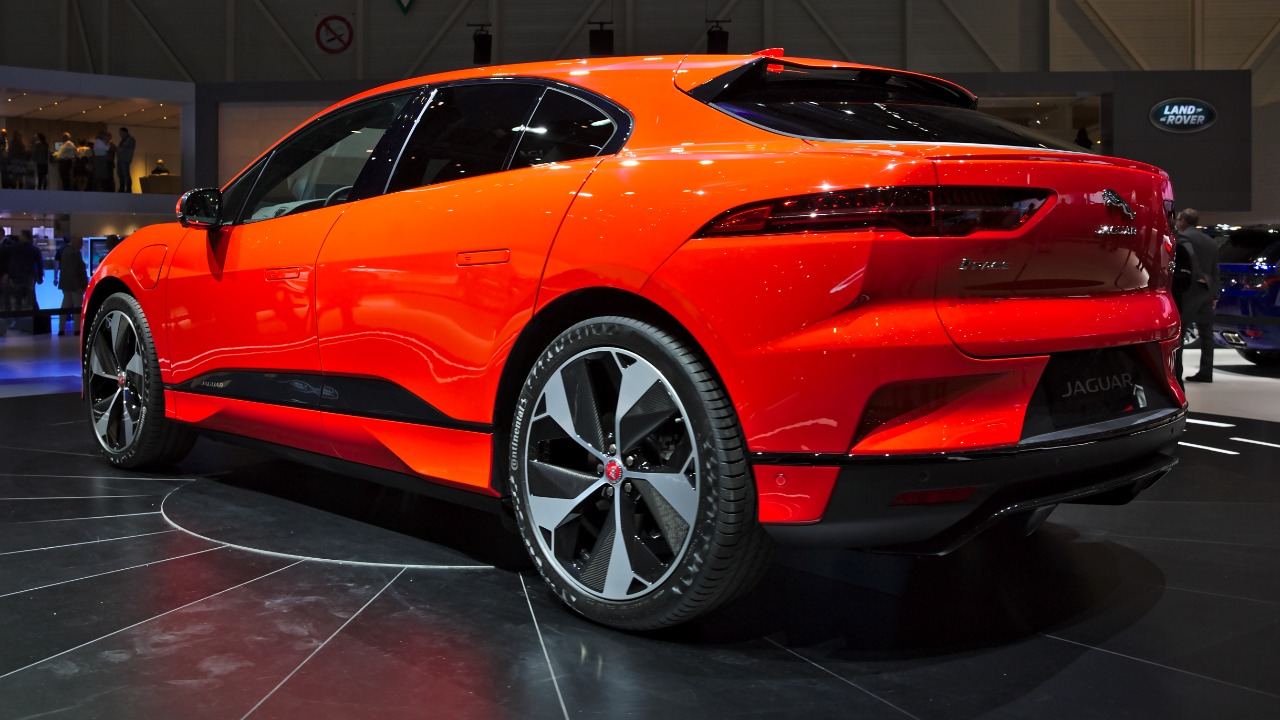
The Jaguar I-PACE, launched in 2018, is known for its sleek design and dynamic performance. However, some owners have reported battery drain issues when the vehicle is parked, leading to unexpected battery depletion. Jaguar has addressed these concerns with software updates, but battery replacements can be costly if required.
Jaguar has worked diligently to improve the I-PACE’s battery management system, but these challenges highlight the ongoing development needed in electric vehicle technology. For those drawn to the I-PACE’s allure, understanding potential maintenance costs is essential.
Nissan Ariya
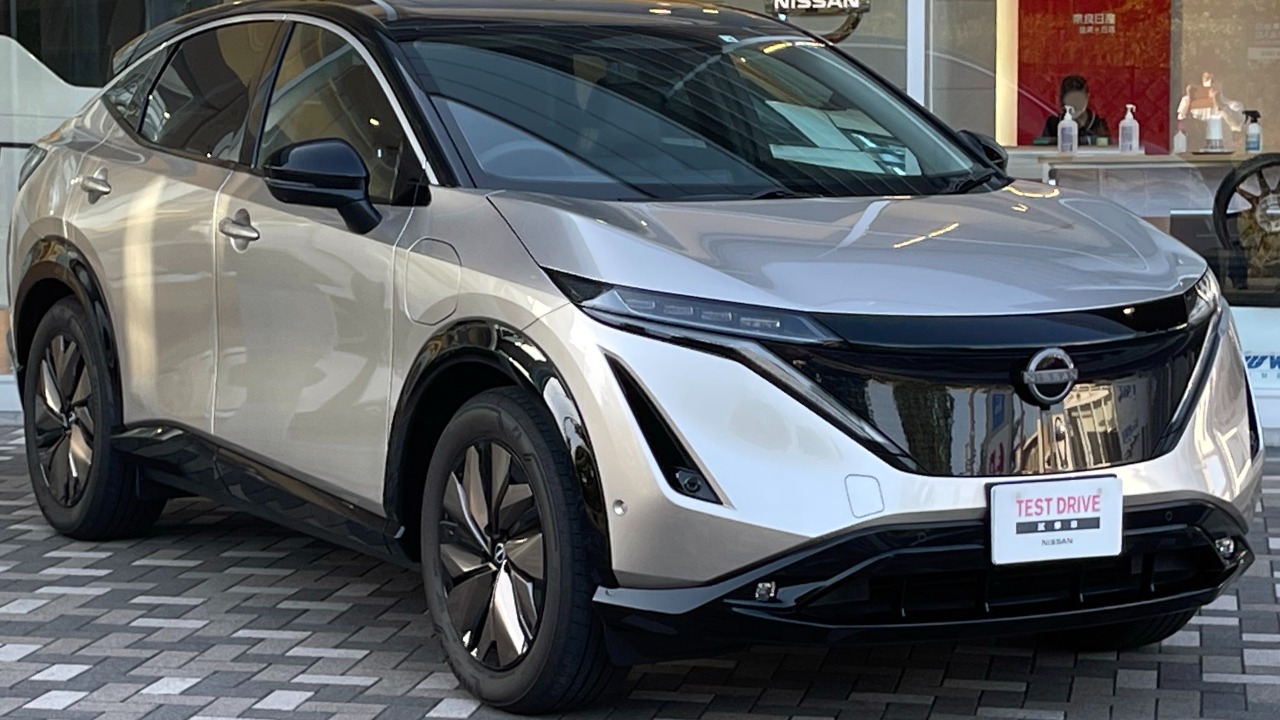
The Nissan Ariya, a newcomer to the electric SUV market, has encountered teething problems with its battery systems. Some 2022 models have experienced issues with charging speed and range accuracy, leading to customer dissatisfaction. Nissan has been responsive, providing software updates and support to address these initial challenges.
As the Ariya continues to gain traction, it’s vital for buyers to stay informed about any updates or recalls. The evolving nature of electric vehicles means that early adopters may face more challenges, but the potential benefits of the Ariya’s innovative design and features remain significant.
Volkswagen ID.4
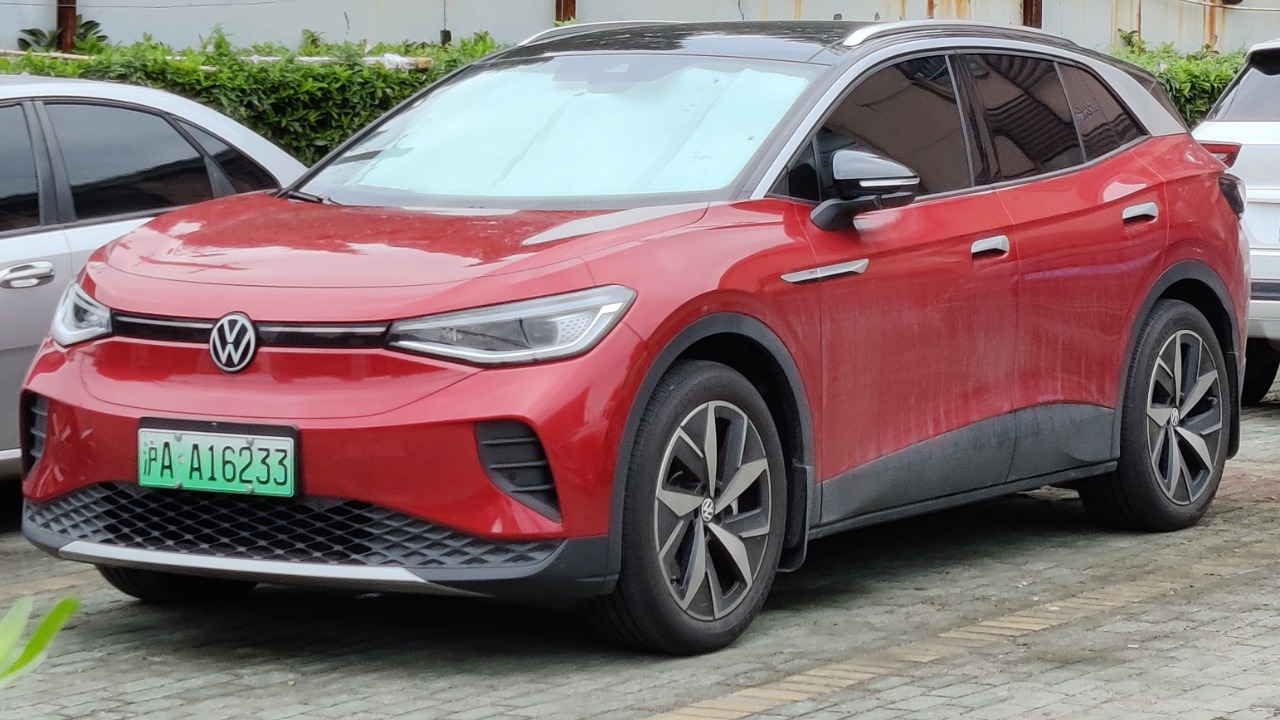
The Volkswagen ID.4 is a key player in VW’s electric vehicle lineup, offering a blend of practicality and performance. However, some 2021 models have faced battery-related issues, including unexpected power losses and charging difficulties. Volkswagen has been proactive in addressing these concerns through software updates and customer support initiatives.
Despite these challenges, the ID.4 remains a compelling choice for those seeking a versatile electric SUV. Understanding the potential challenges and evolving solutions in electric vehicle technology can help prospective buyers make informed decisions about ownership and maintenance.